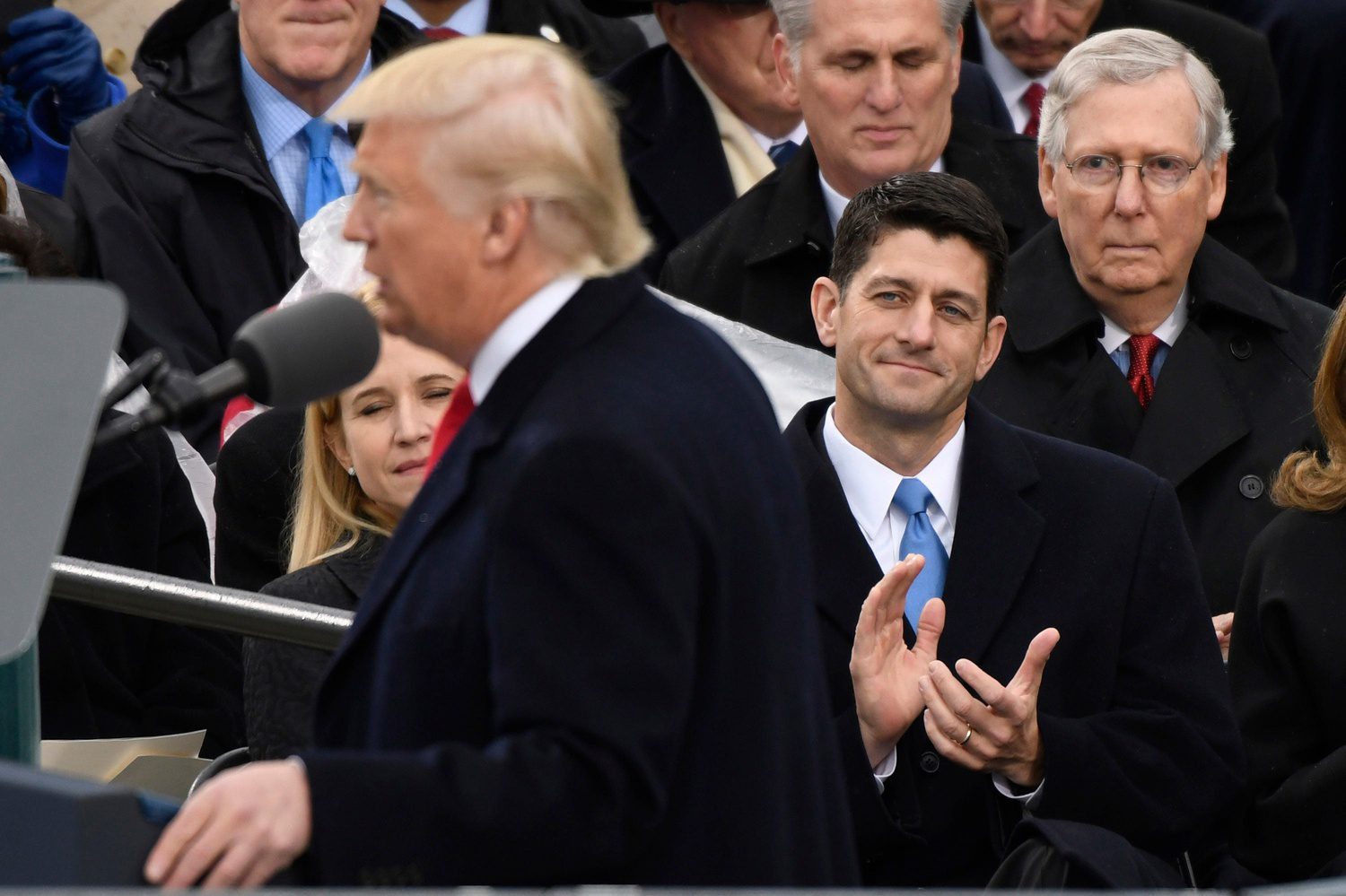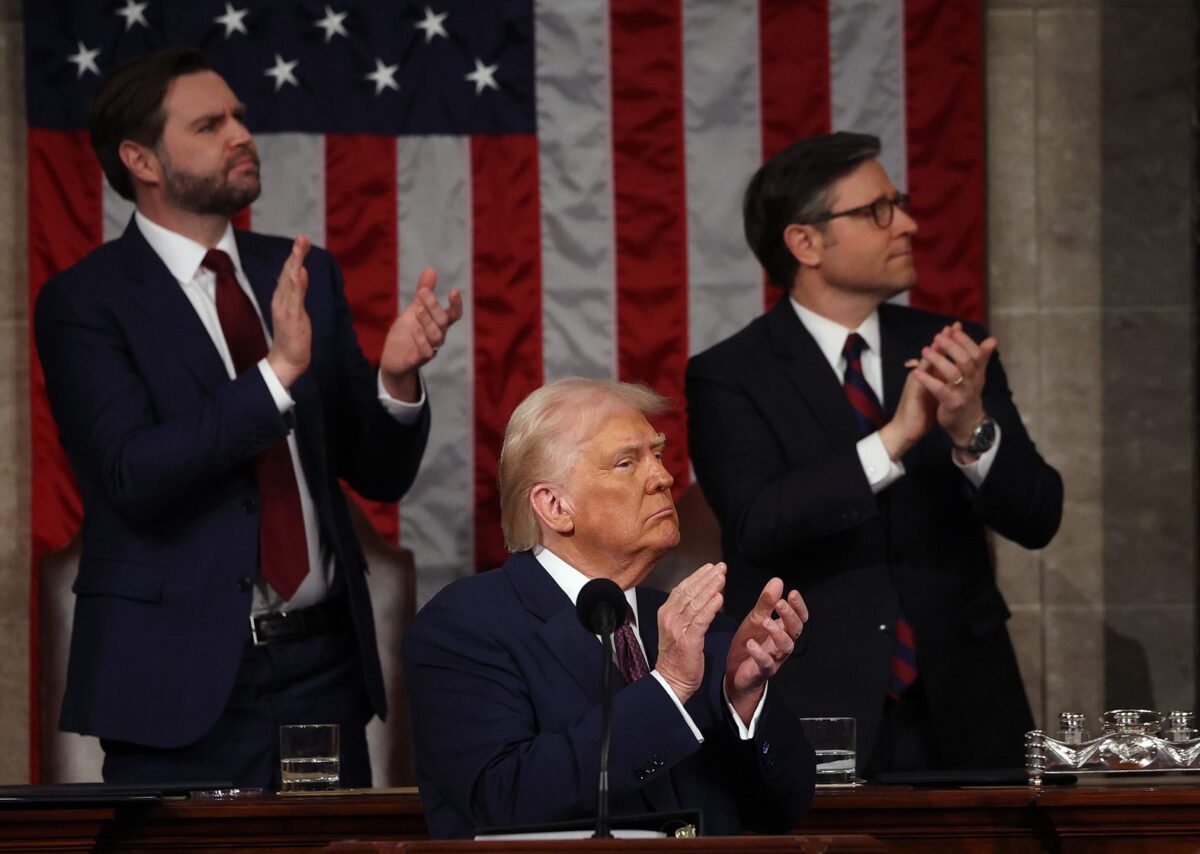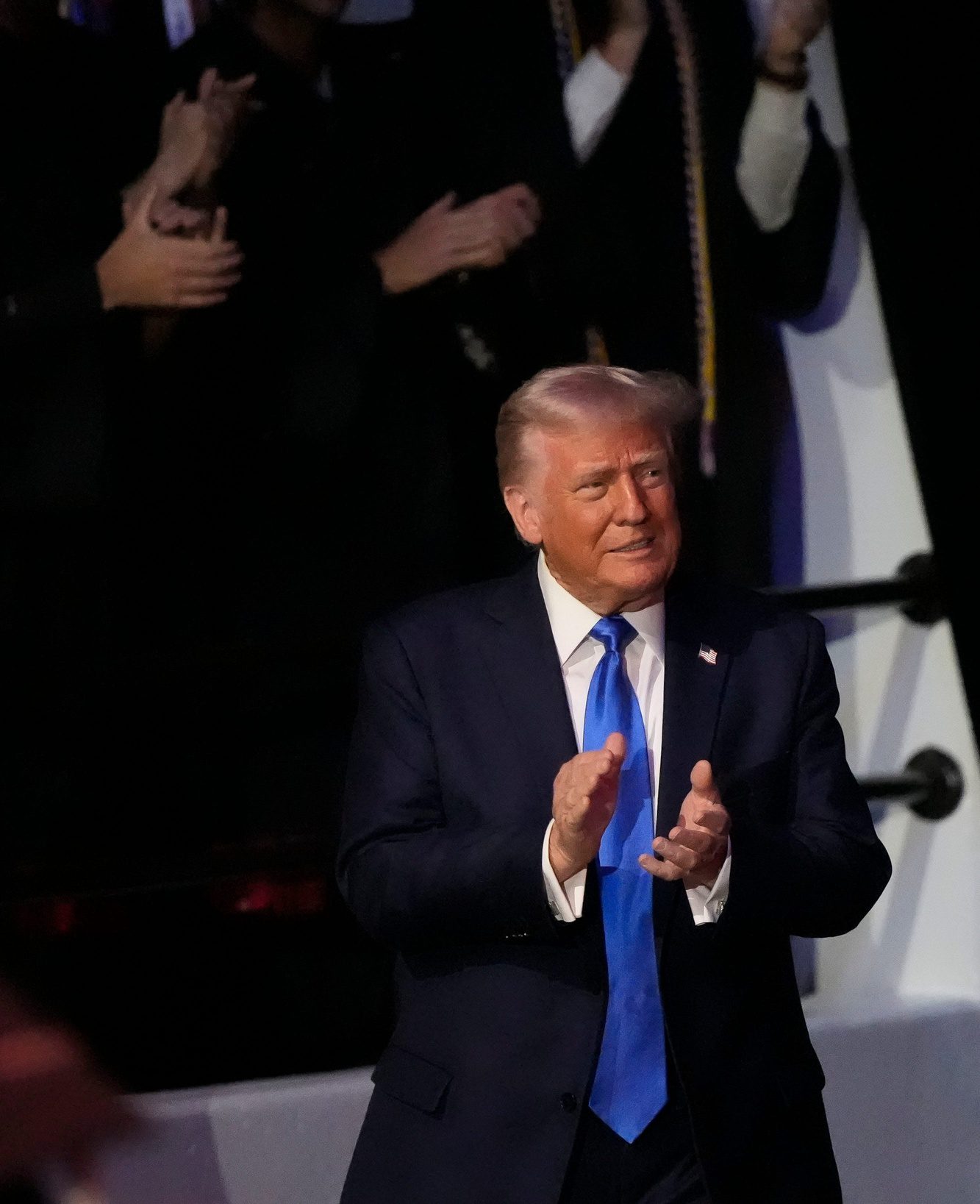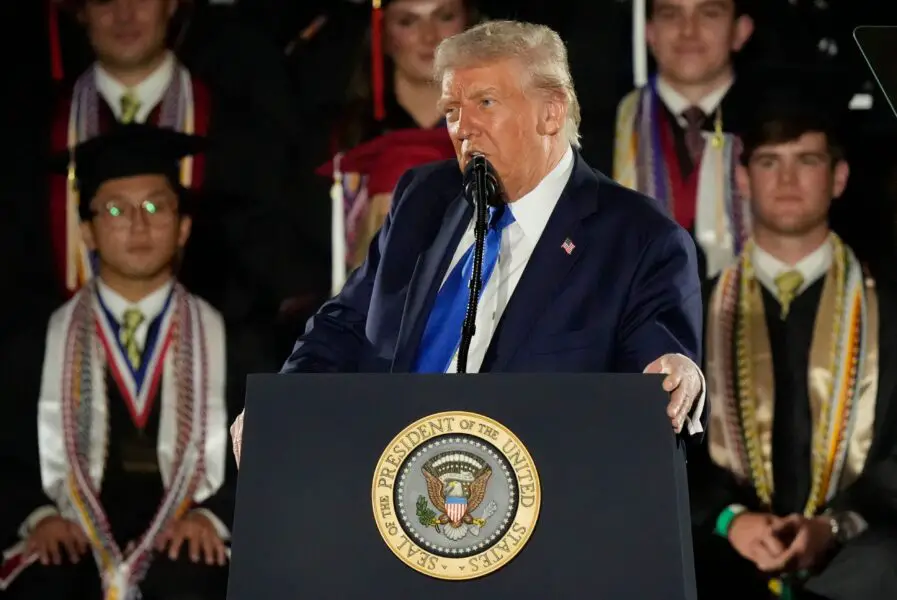Donald Trump has not shied away from making his presence known in the sports world. He has made numerous appearances at big-time sporting events. It has been fairly easily for him to make all these entrances as he has supporters at the top of many sports organizations.
However, he is now impacting sports on a broader scale with his latest travel ban.
Breaking: Donald Trump Issues Massive Travel Ban That Impacts Numerous Teams (Report)

People from a dozen countries will not be impacted by Trump’s travel restrictions to the United States if they are competing in the 2026 World Cup or 2028 Olympics, but fans, friends, and extended families of those athletes who hope to attend the wildly popular sporting events could suffer:
Trump’s travel ban, which will take effect Monday, applies to citizens of Iran, whose men’s national soccer team has already qualified for the upcoming World Cup, which will be held in the U.S., Canada and Mexico next summer.
But Section 4, subsection (b), paragraph (iv) of Wednesday’s proclamation grants “exceptions” to “any athlete or member of an athletic team, including coaches, persons performing a necessary support role, and immediate relatives, traveling for the World Cup, Olympics, or other major sporting event as determined by the Secretary of State.”
The big unknown, sports immigration experts told Yahoo Sports, is how broad the State Department’s definitions of “major sporting event,” “necessary support role” and “immediate relatives” will be.
On Thursday, a White House spokeswoman told Yahoo Sports that soccer’s 2025 Club World Cup — which does not feature a team from one of the 12 countries, but will feature a few players from those countries — will also qualify as a “major sporting event.” That, experts indicated, is unsurprising given the Trump administration’s strong relations with FIFA, soccer’s global governing body and the tournament’s organizer.

The White House also said that the 2025 Gold Cup, a regional tournament scheduled to begin in the U.S. the same day (June 14), will qualify for the exemption. Haiti — another of the 12 countries on Trump’s list — is scheduled to face the U.S., Saudi Arabia and Trinidad and Tobago in Group D.
The proclamation gives the Secretary of State, Marco Rubio, the power to make that determination, not the White House; but, until additional information was available, a State Department spokesperson referred Yahoo Sports to the White House.
The wording of the proclamation, experts pointed out, gives the State Department broad discretion to exempt certain events but apply the ban to others, based on any number of criteria or factors.
Some athletes looking to travel stateside for minor events — especially pre-professional tournaments or competitions — will likely be affected.
And fans will almost certainly be affected, the experts said. FIFA and its president, Gianni Infantino, have repeatedly claimed that “America will welcome the world — everyone who wants to come here to enjoy [the World Cup], to have fun, to celebrate the game, will be able to do that.” But there are no indications or expectations that fans will get special treatment from the consular officers responsible for issuing visitor visas. With the ban in place, thousands of Iranian fans could be denied entry and prevented from following their team at the tournament. (Iran’s fan base was one of the most passionate at the 2022 World Cup in Qatar.)
When asked at a Thursday press briefing whether there’d be “special considerations” for soccer fans, State Department spokesman Tommy Pigott did not directly answer the question. He instead suggested that the blanket travel ban would address “security concerns” and give people “confidence” that visitors are being “properly vetted.”

“This is part of what it means to host an event of this magnitude,” Pigott said. “And I believe people coming from all around the world, Americans going to these events, would want to see actions like this.”
The other 11 countries on the banned list — Afghanistan, Myanmar, Chad, the Republic of Congo, Equatorial Guinea, Eritrea, Haiti, Libya, Somalia, Sudan and Yemen — have either been eliminated from World Cup qualification or are unlikely to qualify, though Sudan and Haiti are in contention.
Regardless of their teams’ qualification status, though, people from those countries could still be interested in visiting for the tournament. From October 2022 to September 2023 — the last fiscal year for which data is available — the U.S. admitted more than 100,000 non-immigrants who were visiting for business or pleasure and were citizens of the 12 countries, according to government data.
A majority of those visitors were Haitian citizens. Some Haitians who are dual citizens will still be able to travel to the U.S. on their non-Haitian passport. But those without dual citizenship, and who do not meet the criteria for other exemptions, will be barred. (The ban, generally, applies to both immigrants and non-immigrants.)
Among the seven countries subject to partial travel restrictions — Burundi, Cuba, Laos, Sierra Leone, Togo, Turkmenistan, and Venezuela — Venezuela is in contention to qualify for the 2026 World Cup. Cuba could also contend for a place at the 48-team tournament.
Many, if not all, of the 19 countries targeted will send athletes to the 2028 Olympics, which will be held in and around Los Angeles two summers later.
It’s unclear to what extent their support staff and extended family members might be impacted by the ban — which could, of course, be challenged or changed between now and 2026 or 2028.

For All NFL And College Football Content:
Follow me on X (formerly Twitter) at @mcquadewarnold. Also, do not forget to follow us at On Twitter for even more great football content. To read more of our articles and keep up to date on the latest in the world of the NFL – especially with all the trade rumors swirling around and free agency news – college football, andmore, click here!


